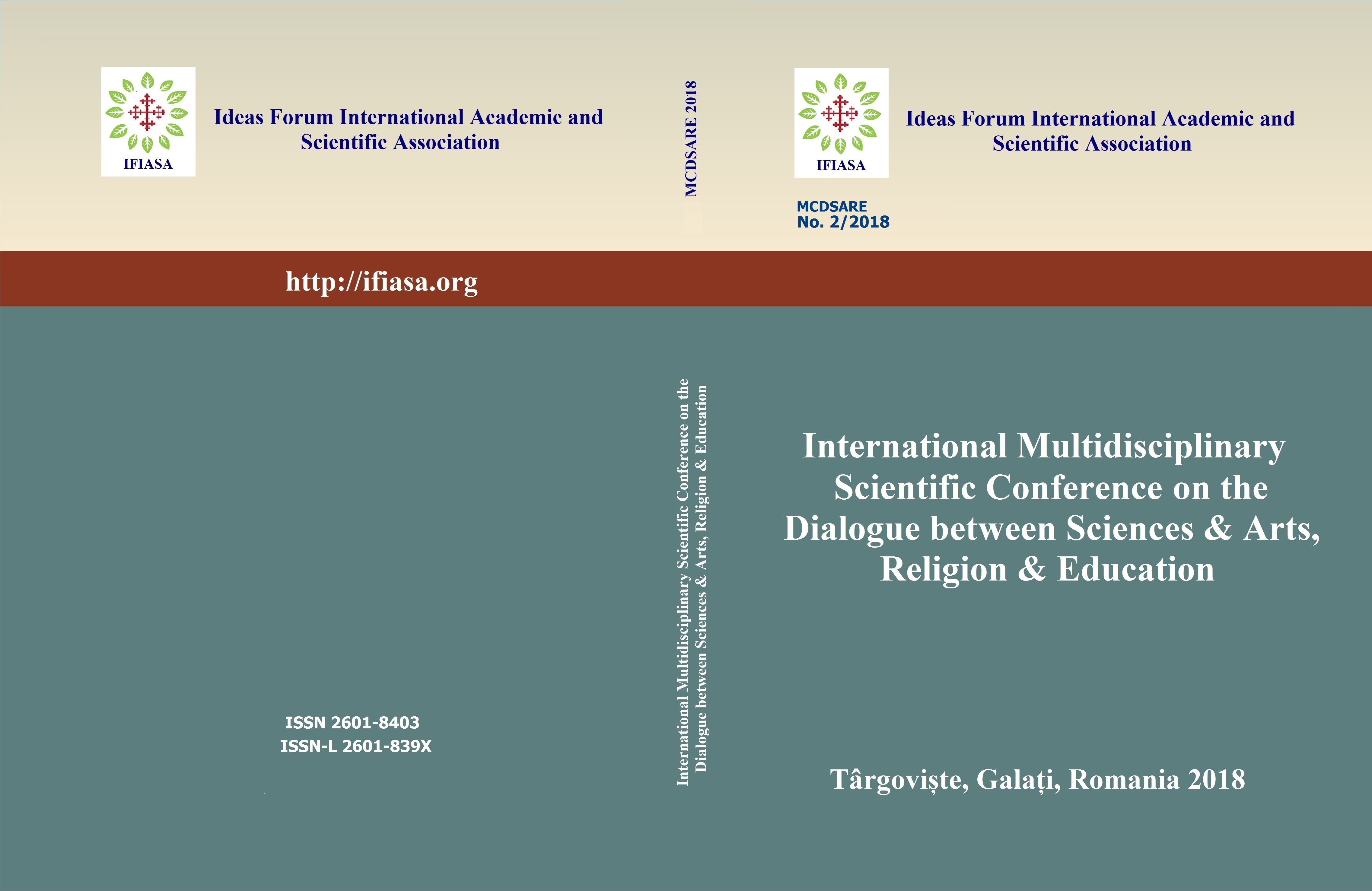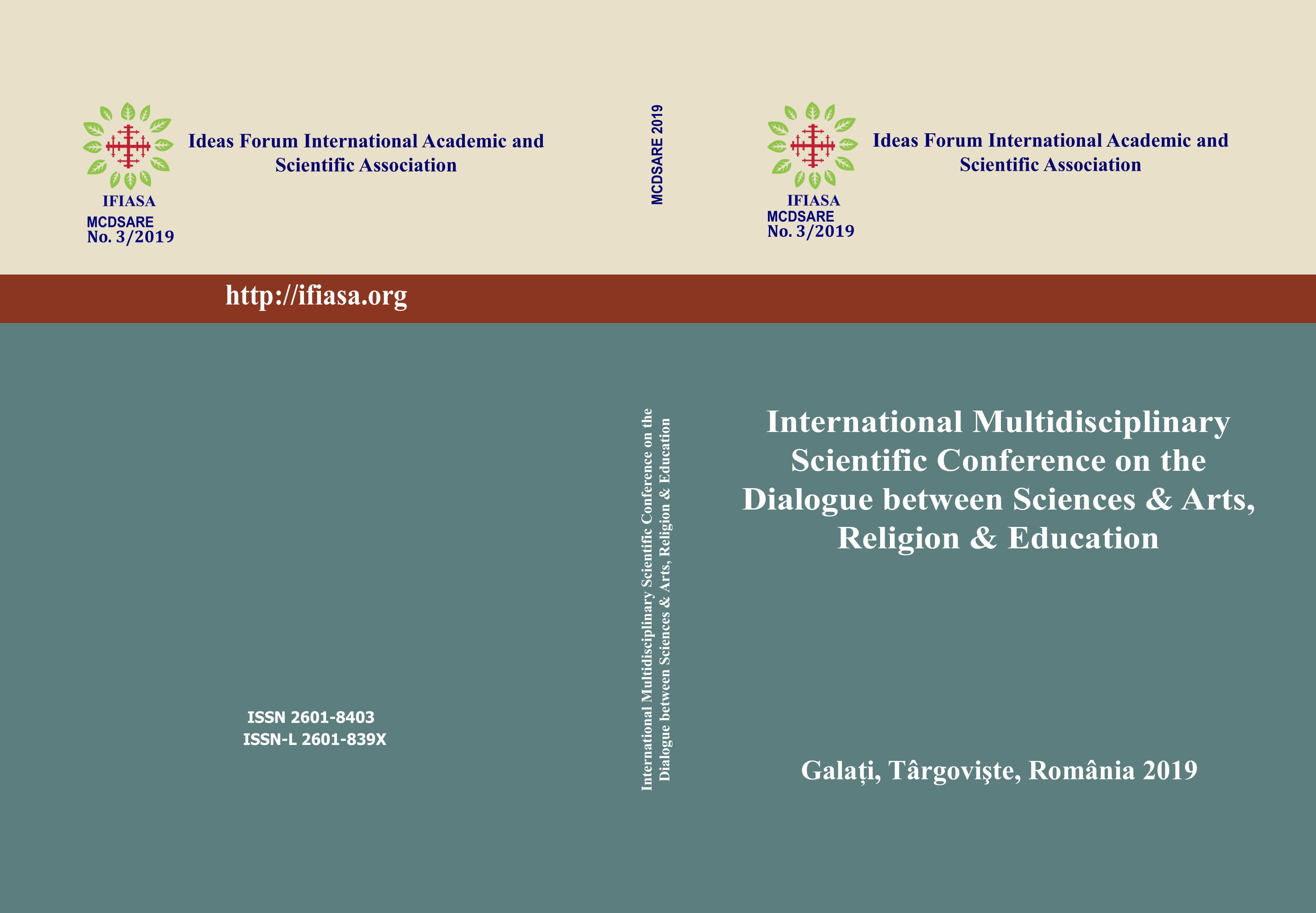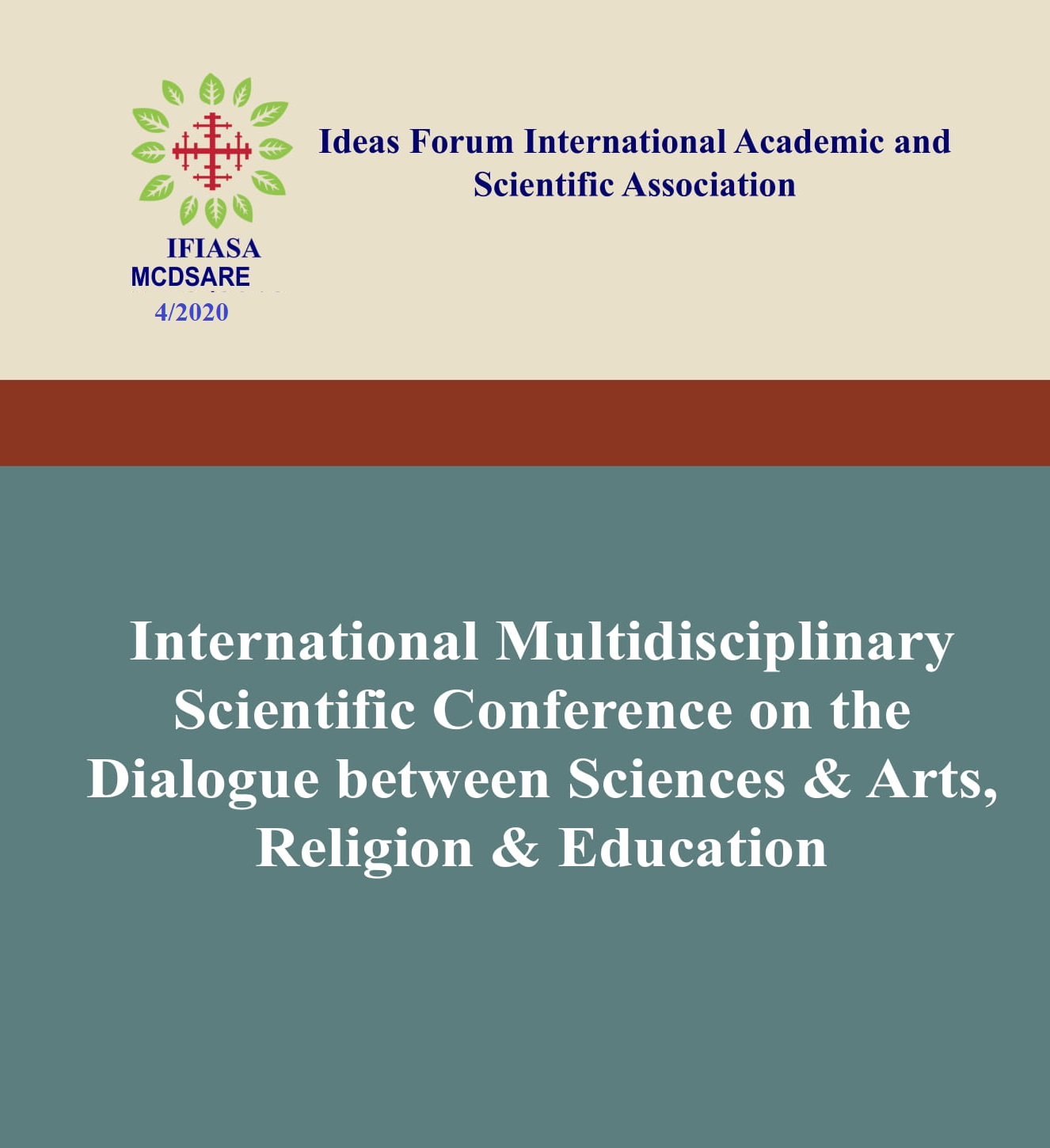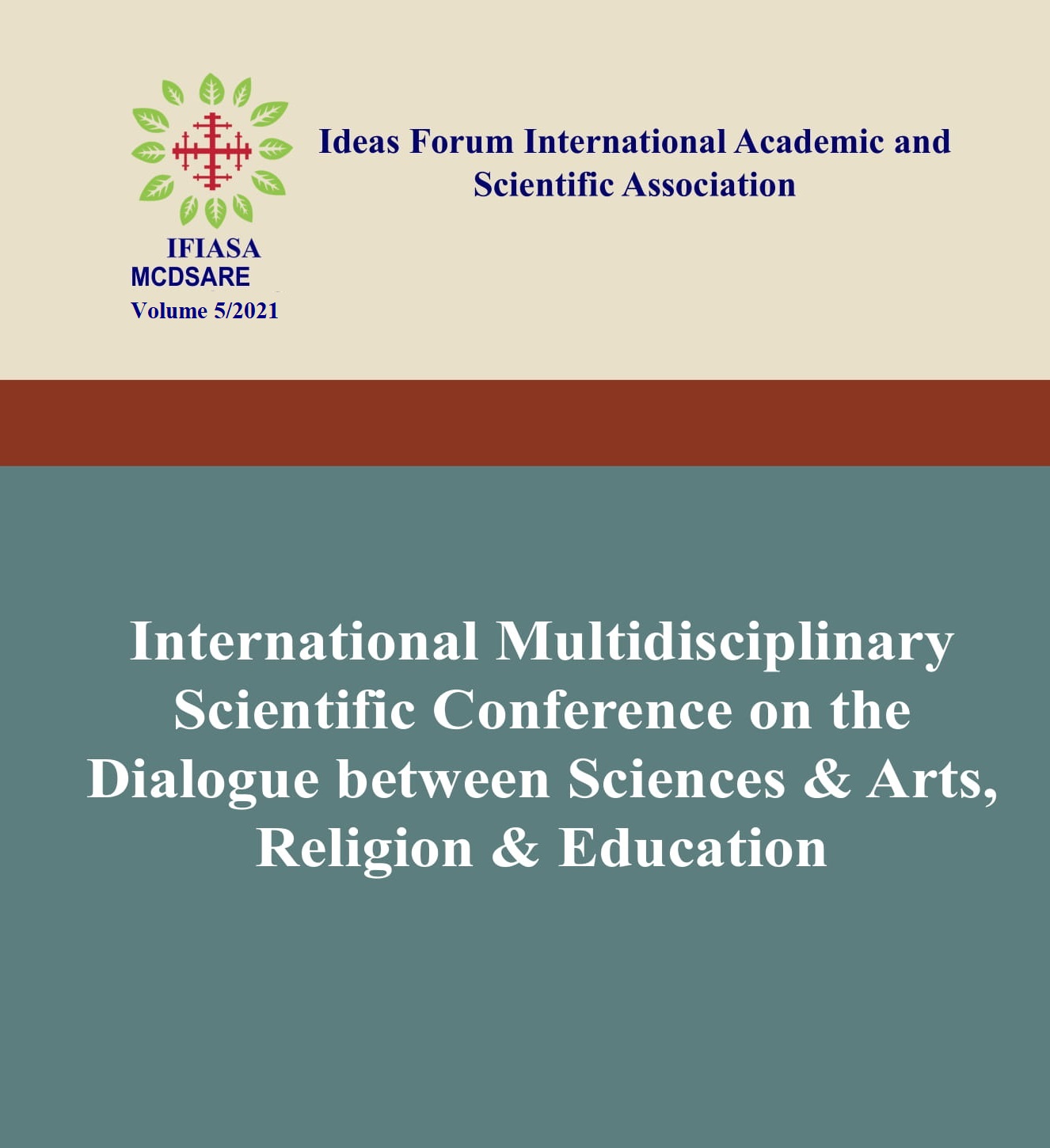
THE REGULATION OF THE NEW MEDIA AND THE “ROAD TO SERFDOM”
THE REGULATION OF THE NEW MEDIA AND THE “ROAD TO SERFDOM”
Keywords: New media; censorship; regulation; freedom; post-truth era; panopticon;
This paper investigates current attempts to regulate the new media (digitised electronic communications),especially in the context of privacy issues emerged in the case of Facebook, and its effects on freedom ofspeech and freedom of thought. Based on the theoretical framework of the Austrian thinker Friedrich A.Hayek, we will discuss the political implications of government control over social platforms and theeffects of this kind of regulation on political responsibility of governors. Tracing back to Étienne de LaBoétie, we discuss and apply his argument that people have the tendency to enslave themselves. Goingdeeper into the analysis of the Panopticon supported by the new media, we identify the consequences ofthis paradigm on the notion of truth. We analyze the concept of post-truth and explain the relationbetween democracy and security of the social corpus. Furthermore, the new media as structure ofcommunication tends to create „truth bubbles”, „echo-chambers” in which different groups enhance theirown identity and seem to live isolated from other groups, thus contributing to the atomisation of societies.This is the ideal framework for the raise of dictatorship and generation of „truth discourses” convenient tooppressive regimes.
More...


